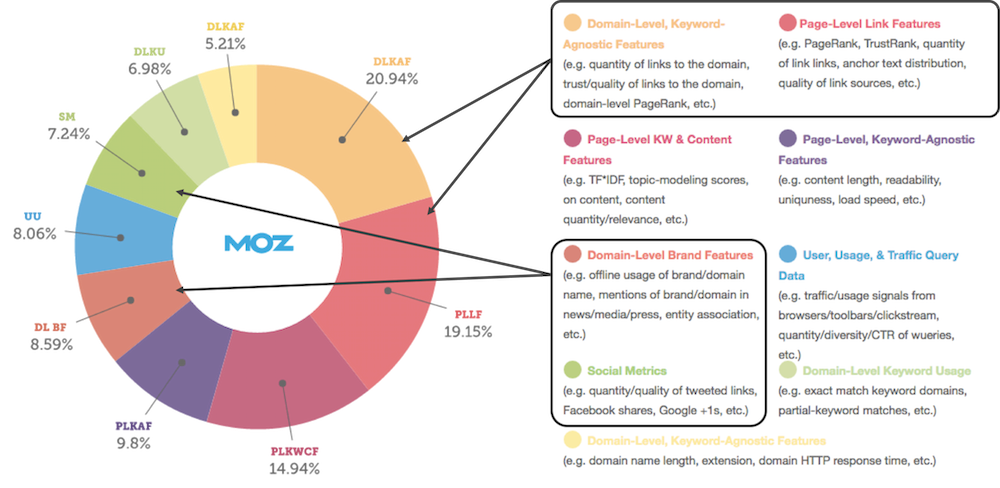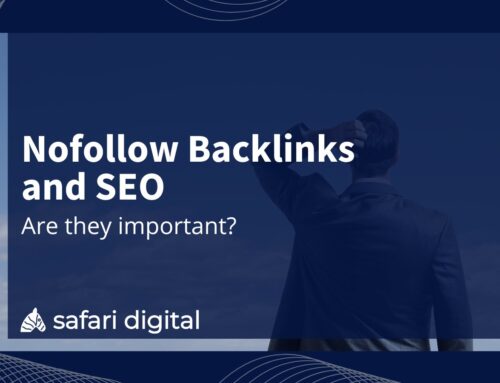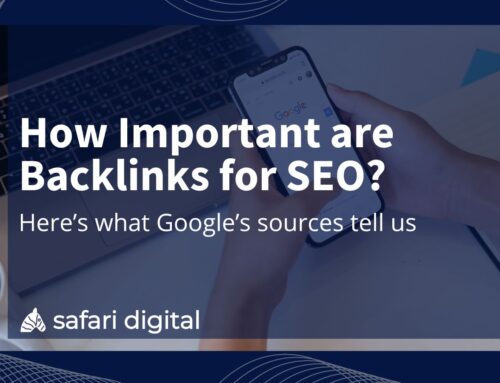
A lot can be derived from the name itself, off-site SEO (also called “off-page SEO”) refers to the external factors that affect the search engine ranking of a website. Most commonly, the term off-site SEO is thrown into the same category as link building, but in fact, there is more at work than just backlinks.
Google uses more than 200 factors to determine its ranking algorithm. Optimising your website for off-site SEO involves creating a profile for your website that improves its popularity, trustworthiness, relevance, and authority. Search engines interpret off-page SEO as a vote of confidence from other web users.
According to SEOmoz, off-page SEO related factors likely account for more than 50% of a website’s ranking. Addressing off-site SEO is a vital step in creating a holistic SEO strategy.
There are over 200 ranking factors that impact SEO. That number is very intimidating, especially for those who are trying to handle SEO on their own. Happily, not all factors are weighted evenly, which means that you can achieve a lot by focussing on the most important off-site SEO factors.

Off-Site SEO Ranking Factors Include:
These are just a few of the most important off-site SEO ranking factors. If you want to find out more about the other areas of your site that are included in a holistic SEO strategy, you can contact Safari Digital SEO Company for a no-obligation discussion about how SEO can grow your business.






